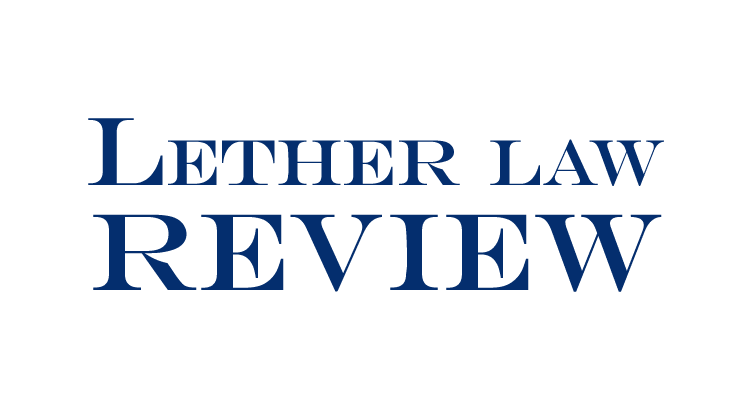On February 26, 2019, the Washington Supreme Court heard oral arguments in Keodalah v. Allstate Ins. Co. and Tracey Smith. In this case, the Court of Appeals overturned the trial court’s dismissal of bad faith and Consumer Protection Act claims asserted directly against Tracey Smith, an adjuster for Allstate.
A link for the video recording of the oral argument is provided below:
https://www.tvw.org/watch/?eventID=2019021551
A link for the briefing filed with the Supreme Court is provided below:
The issue to be addressed by the Supreme Court is whether the Keodalahs may plead a claim for bad faith and Consumer Protection Act violations directly against the Allstate adjuster, Tracey Smith. Since the Court of Appeals’ decision in Keodalah was published in March 2018, it has become common for insureds to name both the insurance company and the adjuster in lawsuits alleging bad faith claims handling. Over the last 11 months, the ability to name the insured in a bad faith lawsuit has given rise to a multitude of new issues that must be addressed in these suits. These issues include questions about insurance counsel representing the adjuster as well as the ability to avoid federal court diversity jurisdiction by naming a local adjuster as a defendant in a lawsuit.
At the oral argument hearing, Allstate and Ms. Smith asserted that the only potentially available claim against an adjuster would be based on the general good faith statute, RCW 48.01.030, and would require the Court to hold that this statute provided for an implied right of action under Washington’s test for implying such an action. They explained that an adjuster cannot be subject to a common law bad faith claim because there was no quasi-fiduciary relationship between an adjuster and insured. They then established that the good faith statute does not imply a right of action against an adjuster under the test.
In response, the insureds asserted that their claim was actually based on common law bad faith and the good faith statute provided the duty which applies to the adjuster for this claim. They then stated that recognizing a bad faith claim against an adjuster was necessary to prevent the insurance company from avoiding bad faith liability by asserting that its adjuster’s offending conduct was outside the scope of the adjuster’s authority and employment duties with the insurance company.
We expect the Supreme Court to publish its decision in this case within the next few months. The Supreme Court’s decision and its reasoning for reaching that decision will very likely have a substantial impact on how bad faith lawsuits are litigated for years to come.
If you have any questions about how the Keodalah case impacts the bad faith litigation landscape, please give us a call.

